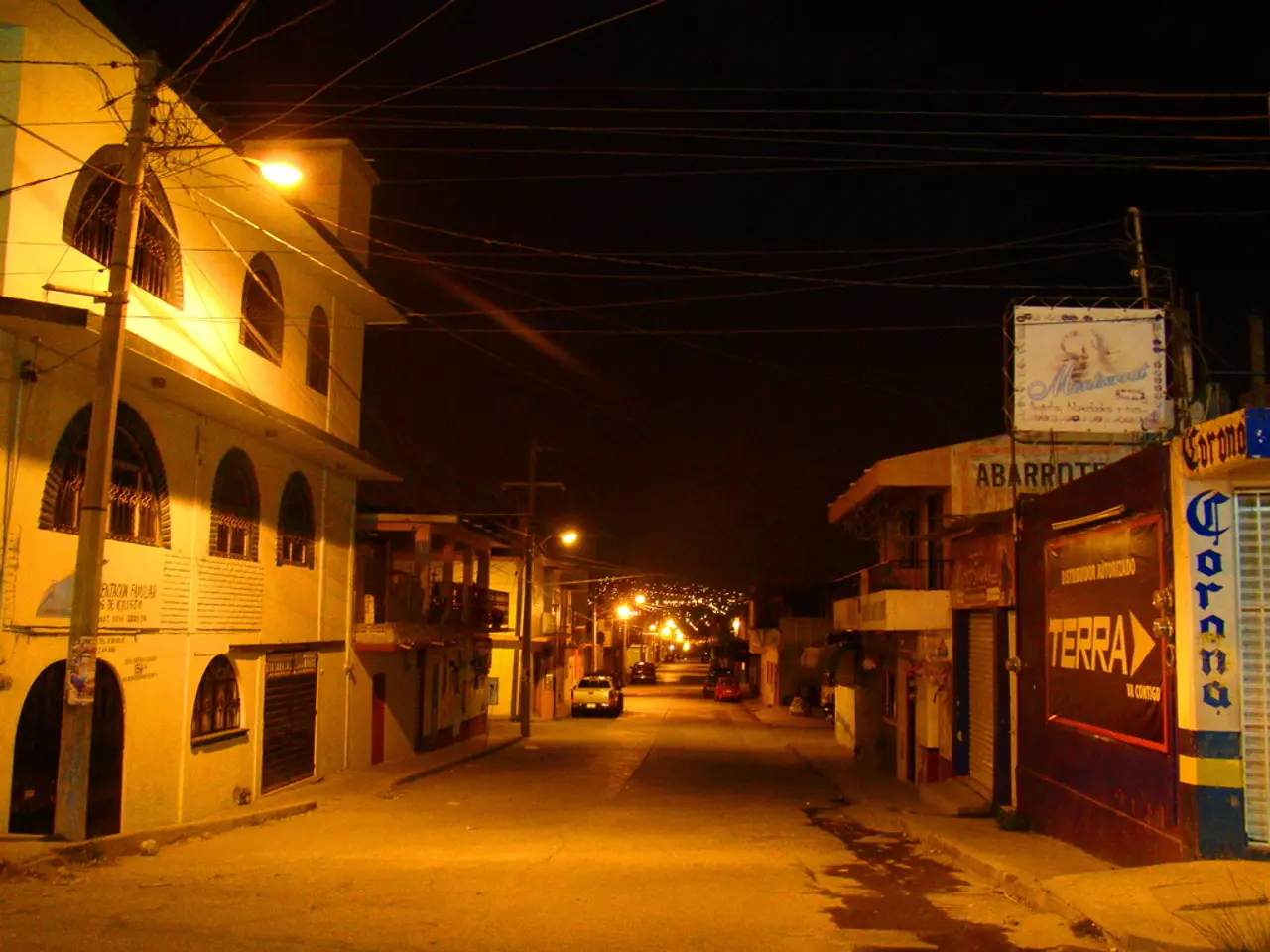State Department assumes control of USAID initiatives, marking the end of USAID's operations.
The United States State Department's takeover of programs previously run by the U.S. Agency for International Development (USAID), including global health initiatives, is set to bring about significant changes, particularly in efforts to combat HIV/AIDS and malaria.
The transition, led by Secretary of State Marco Rubio, aims to realign foreign aid programs with U.S. national interests rather than traditional development or humanitarian goals promoted by USAID. Critics argue that USAID sometimes promoted anti-American ideals or aligned with geopolitical adversaries like China. This shift could prioritise strategic geopolitical goals over purely health outcomes.
The State Department claims that assimilating USAID functions will increase efficiency, accountability, and strategic impact. However, concerns persist about potential bureaucratic disruption during the merger, which could impact ongoing programs.
The sudden freeze and transition have caused uncertainty among NGOs, contractors, and international partners who rely on USAID funding. This has led to stalled projects, budget shortfalls, and anxiety about future financing for global health programs, including HIV/AIDS and malaria initiatives. Such interruptions could undermine ongoing prevention, treatment, and research efforts.
USAID has been credited with helping save more than 90 million lives globally over the past two decades through its health programs. The closure and merger raise concerns among staff and partners about the continuity and effectiveness of these programs, notably those combating diseases like HIV/AIDS and malaria, which require sustained funding and programmatic consistency for success.
The State Department budget explicitly excludes funding for several multilateral organizations, including the World Health Organization (WHO), indicating a withdrawal from global health multilateralism. This could further hamper coordinated efforts to tackle diseases such as HIV/AIDS and malaria, where global cooperation is essential.
In summary, while the State Department intends to continue and possibly enhance foreign aid programs with a focus on U.S. interests, the dissolution of USAID and the freeze on its funding may lead to short- and medium-term disruptions in global health initiatives. Programs addressing HIV/AIDS and malaria could be particularly vulnerable to funding uncertainties and strategic shifts, potentially jeopardizing hard-won health gains worldwide until new mechanisms stabilise. The long-term impact will depend on how effectively the State Department manages the transition and balances geopolitical goals with critical global health needs.
Key Points:
| Issue | Potential Impact | |-------------------------------|---------------------------------------------------------------------------------------------------------| | Organizational Shift | Programs aligned more with U.S. geopolitical strategy than traditional development aims[1][3]. | | Funding Disruptions | Freeze and transition causing stalled projects and financial uncertainty for implementers[4]. | | Reduced Multilateral Engagement | No funding for WHO and some UN agencies may weaken global coordinated health responses[3]. | | Staff and Partner Morale | Emotional toll and uncertainty among USAID staff and global partners impacting program continuity[2]. | | Lives Saved and Health Outcomes| Risk to ongoing gains in HIV/AIDS and malaria control without consistent support[2]. |
The new strategy expects partners to take on more prevention work for patients with HIV infections, reducing their reliance on U.S.-funded programs for preventive health care. The administration has a target of ending mother-to-child HIV transmission by the time President Trump leaves office and plans to invest more in this area. However, the long-term impact of these changes remains uncertain.
- The shift from USAID to the State Department for foreign aid programs, as led by Secretary of State Marco Rubio, aims to align programs with U.S. national interests rather than traditional development goals.
- The transition is causing uncertainty among NGOs, contractors, and international partners who rely on USAID funding, leading to stalled projects, budget shortfalls, and anxiety about future financing for global health programs.
- The new strategy emphasizes partnering with others to take on more prevention work for patients with HIV infections, potentially reducing their reliance on U.S.-funded programs for preventive health care.
- The budget exclusion of funding for the World Health Organization (WHO) indicates a withdrawal from global health multilateralism, which could further hamper coordinated efforts to tackle diseases like HIV/AIDS and malaria.







